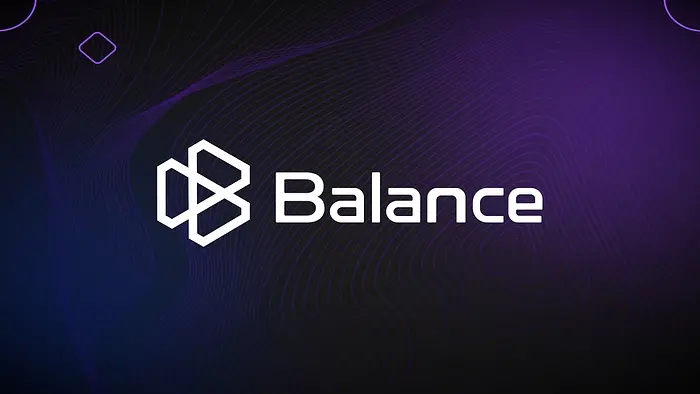How can crypto projects leverage their own characteristics to find real users, inspired by the ENS airdrop?
Author: Lu Yao, Orange Book
ENS indeed airdropped, and its rules are quite interesting and worth learning:
The airdrop will be allocated to those who have ever registered or currently hold valid ".eth" second-level domain name registrations. The airdrop weight is primarily calculated based on the account rather than the number of domain names. The formula is 0.27 multiplied by the number of days holding at least 1 ENS domain name, plus 0.067 multiplied by the number of days until the domain name expires (up to 8 years). If the account additionally sets up reverse resolution, the above result will be multiplied by 2.
For ENS, it certainly wants to allocate as much as possible to the real users of the domain names, rather than speculators who trade domain names.
I think this rule can achieve that, let's look at it sentence by sentence:
The airdrop will be allocated to those who have ever registered or currently hold valid ".eth" second-level domain name registrations.
On one hand, it takes care of early users; ENS launched in 2017, most of the early domain names should have expired. On the other hand, if we only look at existing valid addresses, the total number will be relatively small, which is not enough for the airdrop.
The airdrop weight is primarily calculated based on the account rather than the number of domain names.
Normal users generally have only one domain name under one account; only speculators who trade domain names would hoard a bunch of them, this greatly weakens the weight of speculators.
The formula is 0.27 multiplied by the number of days holding at least 1 ENS domain name.
This is beneficial for early participants, OGs, who have held their domain names for more days. Every day holding an ENS incurs a cost, so distributing based on days is quite reasonable.
Plus 0.067 multiplied by the number of days until the domain name expires (up to 8 years).
This balances the previous point, favoring currently valid domain names, especially those purchased for the long term (usually for personal use).
However, this weight is relatively low, only 1/4 of the previous point. For the airdrop farmers who emerged this year, they have fewer days and are unlikely to register domain names for many years. Spending money to register 10 domain names would not outweigh the weight of a user whose domain has long expired.
If the account additionally sets up reverse resolution, the above result will be multiplied by 2.
This sentence is the essence. Reverse resolution refers to the mapping of Address -> Name, and one account can only have one. Typically, only domain names used personally will have reverse resolution set up; otherwise, there is no need (among my own several domain names, only the one I use most frequently has reverse resolution set up). Speculators will not set this up. Therefore, this further increases the weight of real users and weakens the weight of speculators.
To summarize, this airdrop rule is simple and effective, making good use of the project's own characteristics to filter token holders. I believe it is highly unlikely that we will see a situation like dydx where someone becomes a billionaire overnight with 800 addresses.
Additionally, I have thought of a few interesting questions:
If you were Opensea, who would you airdrop to / how would you distribute it?
If you were Opyn, who would you airdrop to / how would you distribute it?
If you were Metamask, who would you airdrop to / how would you distribute it?
Attached is the official announcement link










